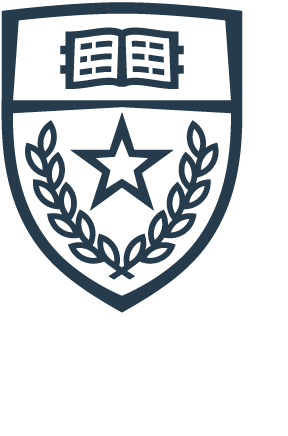Hovav Shacham
Professor

Hovav Shacham joined The University of Texas at Austin in 2018. His research interests are in applied cryptography, systems security, privacy-enhancing technologies, and technology policy. Shacham was a student at Stanford and a postdoc at the Weizmann Institute. From 2007 to 2018, he was on the faculty at UCSD. His work has been recognized with three “test-of-time” awards, including one at ACM CCS 2017 for his 2007 paper that introduced return-oriented programming. Shacham took part in California’s 2007 “Top-to-Bottom” voting systems review. His work has been cited by the National Academies, the Federal Trade Commission, the National Highway Traffic Safety Administration, and the RAND Corporation.
Research
Research Areas:
Current Research:
Dr. Shacham's current research focuses on applied cryptography, systems security, privacy-enhancing technologies, and technology policy.
Select Publications
D. Kohlbrenner and H. Shacham. Aug. 2016. “Trusted Browsers for Uncertain Times”. USENIX Security.
S. Checkoway, J. Maskiewicz, C. Garman, J. Fried, S. Cohney, M. Green, N. Heninger, R.-P. Weinmann, E. Rescorla, and H. Shacham. October 2016. “A Systematic Analysis of the Juniper Dual EC Incident”. ACM CCS.
F. Brown, J. Renner, A. Nötzli, S. Lerner, H. Shacham, and D. Stefan. Jun. 2020. “Towards a Verified Range Analysis for JavaScript JITs”. PLDI.
S. Narayan, C. Disselkoen, T. Garfinkel, N. Froyd, E. Rahm, S. Lerner, H. Shacham, and D. Stefan. Aug. 2020. “Retrofitting Fine Grain Isolation in the Firefox Renderer”. USENIX Security.
Y. Wang, R. Paccagnella, E.T. He, H. Shacham, C.W. Fletcher, and D. Kohlbrenner. Aug. 2022. “Hertzbleed: Turning Power Side-Channel Attacks Into Remote Timing Attacks on x86”. USENIX Security.
Awards & Honors
2017 -
Communications of the ACM Research Highlight
2017 -
IRTF Applied Networking Research Prize
2017 -
ACM CCS Test-of-Time Award
2019 -
ACM CCS Test-of-Time Award
2020 -
IEEE Security and Privacy (“Oakland”) Test-of-Time Award
2022 -
IEEE Cybersecurity Award for Practice
2023 -
IEEE Micro Top Pick







